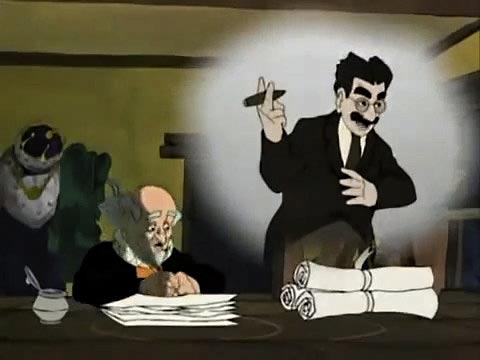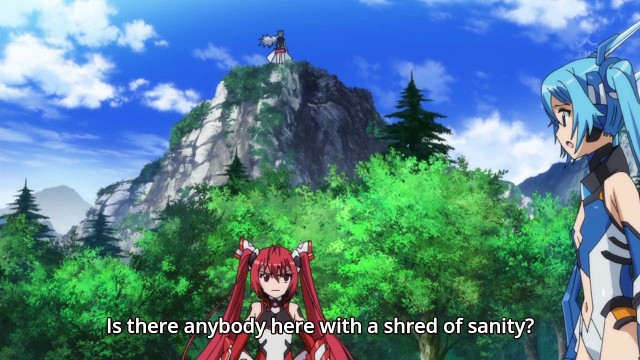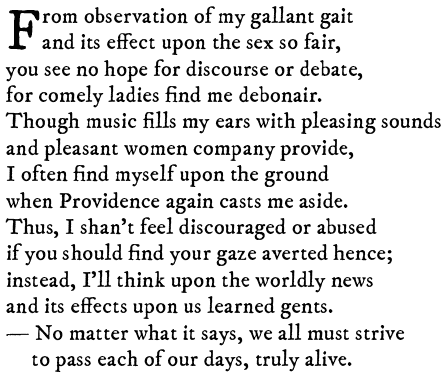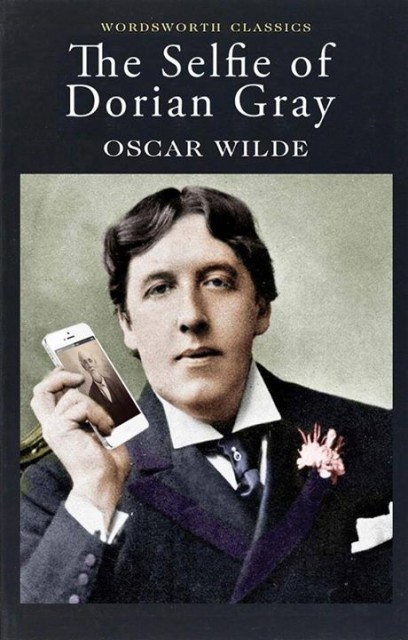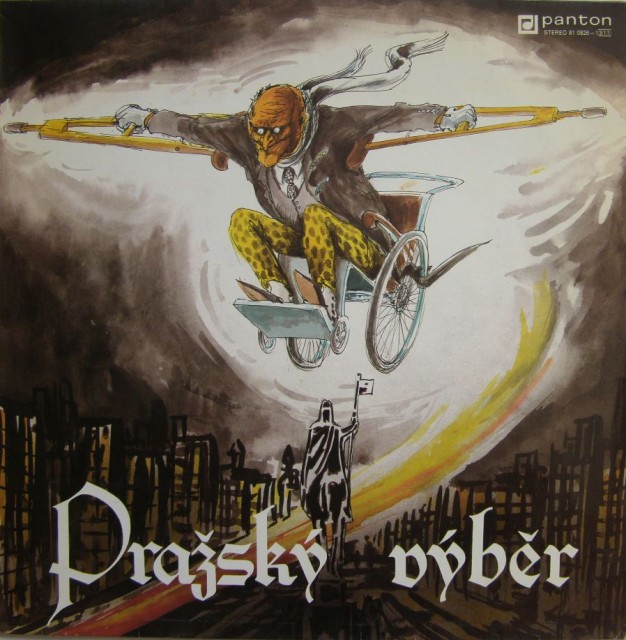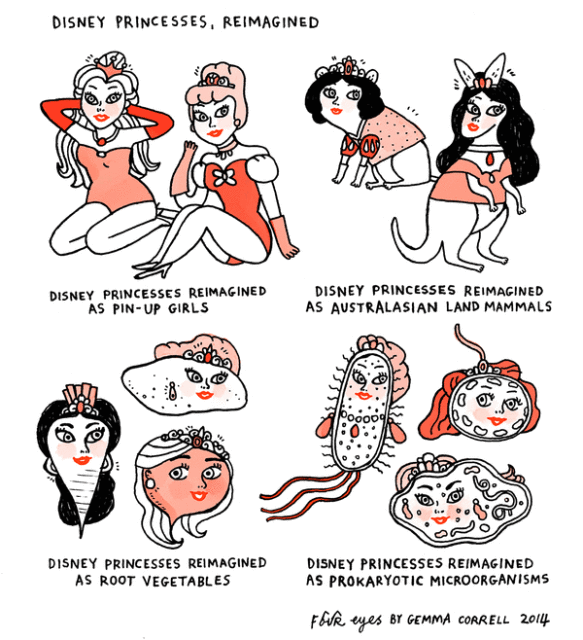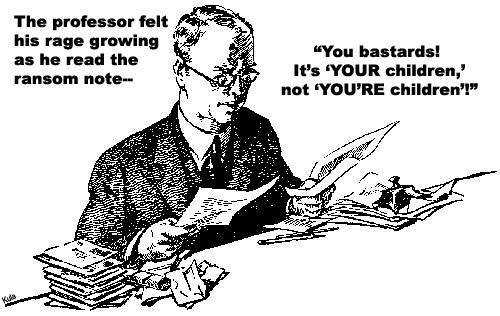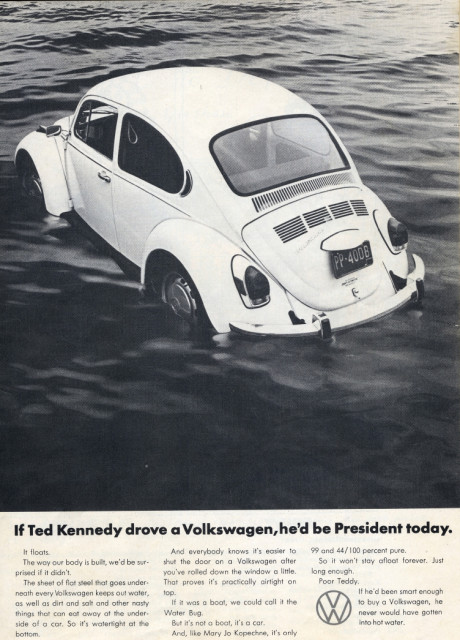And now for a bit of culture. You’ve heard of The Red Shoes? Here’s the red pocketbook. There’s a cow, too.
Category: Humor and horror
Ayn Rand at the movies
“101 Dalmatians”
A wealthy woman attempts to do her impoverished school friend Anita a favor by purchasing some of her many dogs and putting them to sensible use. Her generosity is repulsed at every turn, and Anita foolishly and irresponsibly begins acquiring even more animals, none of which are used to make a practical winter coat. Altruism is pointless. So are dogs. A cat is a far more sensible pet. A cat is objectively valuable. —No stars.
“Mary Poppins”
A woman takes a job with a wealthy family without asking for money in exchange for her services. An absurd premise. Later, her employer leaves a lucrative career in banking in order to play a children’s game. —No stars.
There’s more here.
The real St. Nick
Let’s get it over with
Thanksgiving is over, and another Christmas season is at our throats. I won’t be going near any shopping center until January. Here’s a token seasonal song that you can sing along with if you’re feeling nostalgic.
MacBatty
I just discovered that Terry Pratchett’s Wyrd Sisters was made into a movie. It’s not the Discworld novel I would have chosen — Granny Weatherwax is my least-favorite of Pratchett’s recurring characters, and I’d have preferred a good adaptation of The Light Fantastic ((The title was deliberately chosen to annoy Robbo.)) — but it’s still funnier than most alleged comedies. Chrstopher Lee is a resonant Death, though his voice doesn’t have “all the warmth and colour of an iceberg.” Although Wyrd Sisters is animated, Nanny Ogg’s abundant presence renders it not quite suitable for children. She sings a bit of her hedgehog song, too.
There are some things in the movie that I don’t remember from the book.
Update: It turns out that a lot of Pratchett has been dramatized, and much of it is available and inexpensive — downright cheap, sometimes, if you buy used. I just ordered these:
The Colour of Magic (which also adapts The Light Fantastic ((“You know when we were flying and I was worried we might hit something in the storm and you said that the only thing we could possibly hit at this height was a cloud stuffed with rocks?”
“Well?”
“How did you know?”)) )
There’s also a Discworld calendar, but since I already have four other 2015 calendars ordered, I think I’ll pass.
Snapshots and home videos
(From episode six of Ore, Twintail ni Narimasu.)
Good question.
I’ve never been that interested in yachting, but I could change my mind. (Via Steven.)
I’ve never any interest in football, European or American. Perhaps I’ve missed out. (Via the Brickmuppet.)
Perhaps not. (Via the Borderline Boy.)
Typo of the century
Boo, boo, etc.
It’s Halloween today, right? Time to get the bag of chocolate out of the freezer.
There’s a fine line between spooky and silly, as Frëd illustrates in this footnote to American history.
*****
There’s a lot of anime suitable for Halloween, from the many iterations of Ge Ge Ge no Kitaro (including in particular Hakaba Kitaro) to Soul Eater and Hozuki no Reitetsu. If I had to pick just one, though, it would be Kenji Nakamura’s Mononoke. Here’s one of the two-episode stories:
The entire show is on YouTube, but it’s available for such a reasonable price that there’s no excuse not to buy your own copy of this probable classic. ((I don’t declare anything a “classic” until it’s at least ten years old, and Mononoke is from anime’s year of wonder, 2007.))
*****
*****
If you’re looking for a proper Halloween post, Isegoria has a bunch of them.
Morning serenade
The execution could have been better …
Today’s literary classic
“One morning, upon awakening from agitated dreams, Kitty White found herself, in her bed, transformed into a small, mouthless cat.”
There’s also a Harlan Ellison story there, but you knew that already.
Name that tune
These are the lyrics to a certain over-familiar song rewritten as a sonnet. Can you identify the original? Here’s a hint the answer. There are more sonnets here.
(Via Fillyjonk.)
Miscellaneous nonsense
In lieu of actual content, here’s more silly stuff gleaned from dot.clue and elsewhere.
No laughing matter
Comic Sans might be the least-loved of all typefaces, but I think it would be an appropriate font for certain uses. Government documents, for instance.
One of the candidates for greatest album cover of all time. The music is pretty good, too.
More nonsense:
From the makers of Harpsichord Hero
Another cartoonist to keep an eye on: Gemma Correll.
I can sympathize
By the way, Bill Watterson dropped by for a few minutes.
.56% impure
There’s mention of National Lampoon at AoSHQ this morning, which reminded me of this classic advertisement. Not entirely surprisingly, the page this appeared on was missing from the bound volumes of the Lampoon in the Wichita State library.
Been there, done that …
.. banged my head on the desk.
(Via Borepatch.)
PSA
(Via Danger Zone Entertainment.)
Special jumbo edition of miscellaneous silly nonsense
Some of these are from Borepatch, the Brickmuppet and Dustbury, but I forget where I found most of them.
Continue reading “Special jumbo edition of miscellaneous silly nonsense”


